*GENERAL INTRODUCTION
*FUNCTION:
-Supervisory: SCADA enables real-time monitoring and tracking of operational parameters, status and data from devices and processes. It collects data from sensors and measuring devices to provide the operating status of the system. From there, the driver can react in time to prevent problems
Control: SCADA provides the ability to control equipment and production processes. It allows us to turn on/off devices, adjust parameters, change operating modes, and other control tasks by sending commands from the control center to terminals such as PLCs or RTUs.
-Reporting: SCADA generates reports and charts from data after aggregate analysis. This gives the supervisor an overview of the machine’s performance and overall production. These data are recorded for analysis and improvement measures.
*The great benefits that the SCADA system at AURAVINA brings to your factory:
A SCADA system will allow businesses to collect, manage data, interact directly and control the operation of machines and devices such as sensors, valves, pumps and motors as well as storage store all the information in the hosts file. Thanks to its superior features, SCADA systems have been applied in many modern industries such as energy, food, oil and gas, transportation, water and waste treatment… with some outstanding advantages. like:
Monitor activities work inside the plant collect data and process information in real time;
Control, monitor industrial processes remotely or on-site. This allows factory managers to make quick decisions;
Improve productivity: Thanks to the analysis of production processes, managers can use this information to increase production efficiency and improve technology.
Improve product quality: Also through the analysis of activities, managers can find ways to limit and prevent errors in the production process.
Reduced operation and maintenance costs: Once a SCADA system is installed, businesses will not need too many personnel to manage and monitor field devices located in remote locations. Besides, businesses also do not have to pay for remote inspection and maintenance trips, so maintenance costs will also be reduced.
Preserve investment capital: when factory owners invest in upgrading their production, they need to ensure that the upgrade has a long-term use. An open designed SCADA system will allow the investor to modify and change depending on the scale of production, thereby eliminating losses over time.
*Project: Fruit and vegetable processing system
Customer: TANIFOOD
If you have any further questions , do not hesitate to contact us:
OFFICE & FACTORY: 191 Banh Van Tran St, Ward 7, Tan Binh Dist, Ho Chi Minh City, Viet Nam
Phone: (+84) (0) 921 91 41 11
Email: info@auravina.vn
Website: www.auravina.com


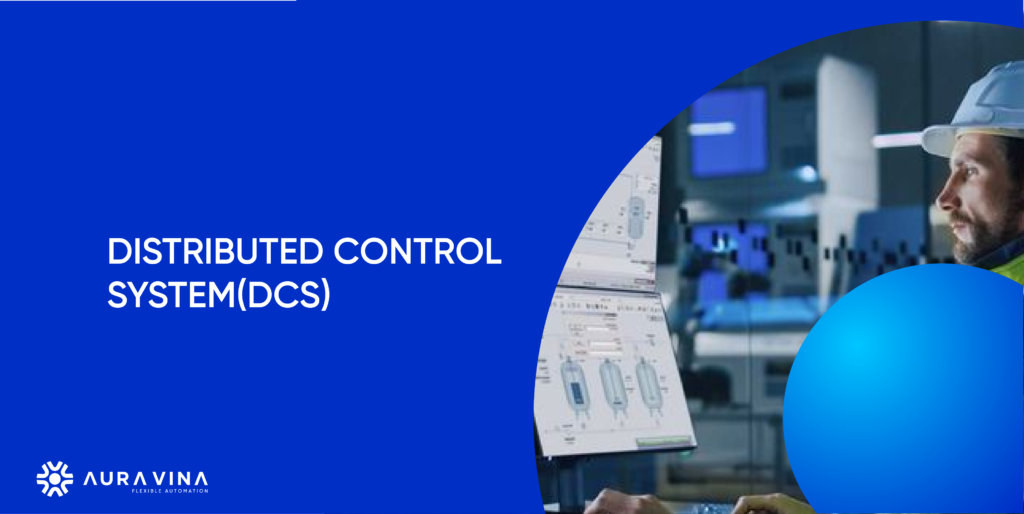
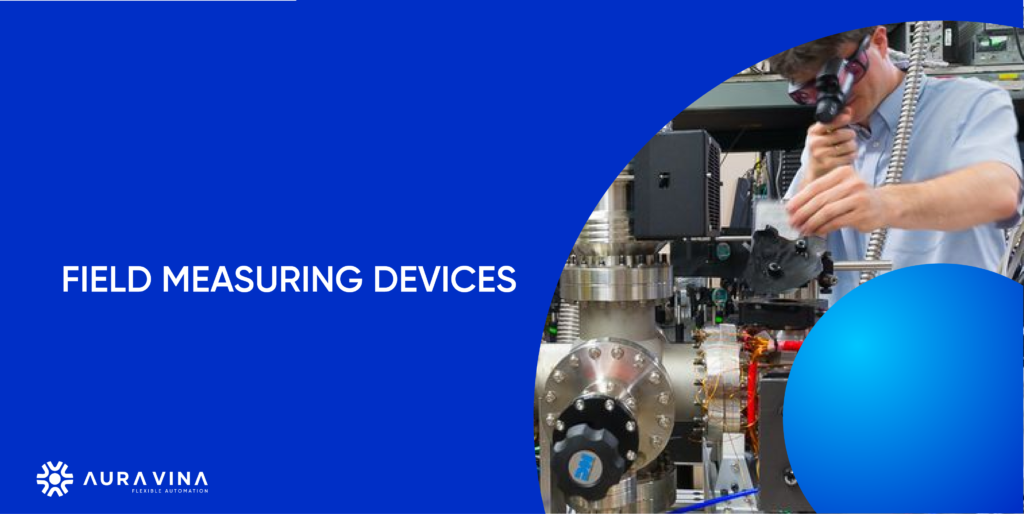
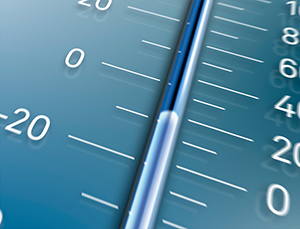
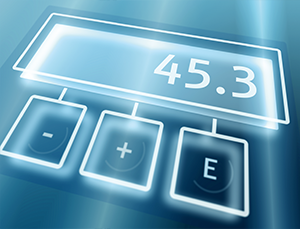

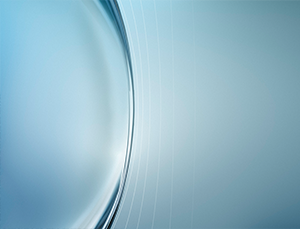
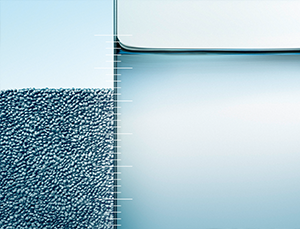
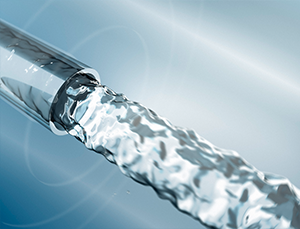
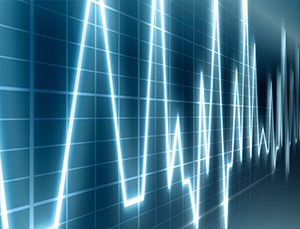
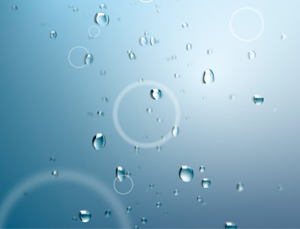 If you have any further questions , do not hesitate to
If you have any further questions , do not hesitate to